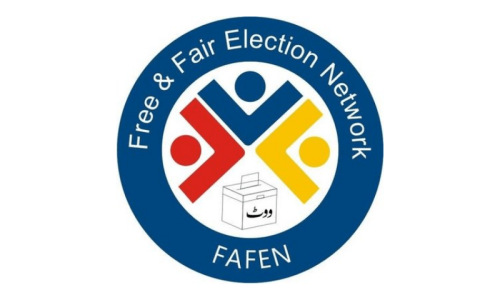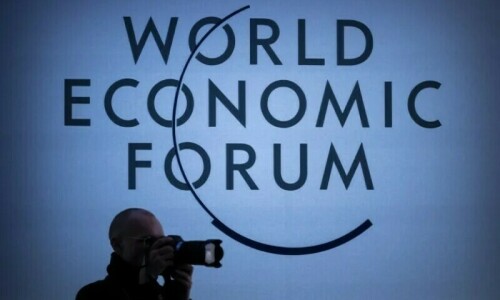WASHINGTON, July 22: The Pakistan Army’s withdrawal from politics is strategic and not tactical and it will not return to politics unless there’s a crisis in the country, scholars said at a seminar in Washington.
“The army realises that the last years have hurt the institution badly,” said Shuja Nawaz, the author of a recent book on the Pakistan Army. “They are out and they want to stay out.”
The discussion on US-Pakistan military ties was held against the backdrop of the recent increase in attacks on US-led coalition forces in Afghanistan. The speakers also noted that Pakistan grappled with its own burgeoning Taliban insurgency in the tribal borderlands.
Such developments, they noted, had created new challenges for US-Pakistan military ties.
They said that more aggressive coalition counter-insurgency tactics in eastern Afghanistan were bringing US troops closer to the border with Pakistan and the situation required ever closer communication and joint efforts to strengthen counter-terrorism cooperation.
The organisers, the Heritage Foundation, pointed out that the US frustration with an entrenched terrorist safe haven in Pakistan’s tribal areas and lack of faith in the efficacy of Pakistani negotiations to deal with the problem “also are creating misunderstanding and crossed wires.”
In this charged atmosphere, what are the future prospects for addressing terrorism challenges on a joint basis? Should the US shift its strategy vis-à-vis Pakistan? What can be expected from Pakistan in the near and long-term? How can both sides build trust in each other and strengthen the chances of overall success against the terrorist scourge in South Asia? These were some of the questions the speakers addressed in their presentations.
David Smith, a senior director for Pakistan at the Office of the US Undersecretary of Defence, highlighted a change in Islamabad, saying that the Pakistani policy makers now realise the need to coordinate their defence needs with economic developments and are willing to spend more on social projects.
He disagreed with the suggestion that the Afghans were getting tired of the US military presence in their country. “I have not seen any indication that the tolerance for US presence is decreasing,” he said.
Mr Smith also disagreed with another suggestion that the weapons given to Pakistan for fighting the Taliban and Al Qaeda will be used against India. The US military assistance to Pakistan cannot bring any significant changes to the conventional balance of power in South Asia, he said. “Besides, the 2006 joint statement also talked about meeting Pakistan’s genuine defence needs,” he added.
The US official rejected the suggestion that Pakistan was protecting the Taliban so that it can use them to fight its war in Kashmir.
“Whatever utility anyone thought they had is false,” he said. “They are a threat to the Pakistani army, they are a threat to the Pakistani government and they are a threat to the Pakistani nation.”
Mr Smith insisted that the militants had established a safe haven in Pakistan’s tribal areas and were using it to attack US and coalition forces in Afghanistan.
“We will not rest until that goal (of destroying the militant groups) is achieved,” he declared.
Mr Nawaz, who is the younger brother of Gen Asif Nawaz Janjua, the 10th army chief, emphasised the need for the United States to expand its ties with Pakistan and reach out to democratic forces.
“The United States should move away from the what-you-have-done-lately- for-us approach,” he said. “If the Americans insist on dealing with the military alone and on ignoring the politicians, it will hurt US interests in Pakistan.”
Mr Nawaz noted that the new army chief, Gen Ashfaq Parvez Kayani, has categorically assured Pakistan’s new rulers that they army has no plan to return to politics. “Now it is up to the politicians to ensure that the country is not plunged into yet another crisis because if there is a crisis, the army may come back,” he warned.
Mr Nawaz advised the new government to “take difficult but useful decisions, so that the army learns to respect you.”












































Dear visitor, the comments section is undergoing an overhaul and will return soon.